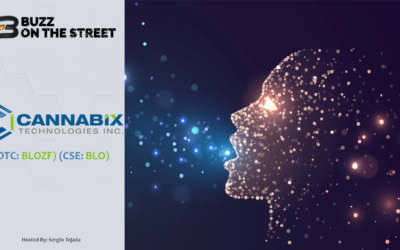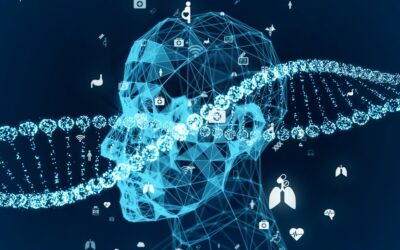Artificial intelligence (AI) and automation have significantly impacted the job market in various ways, shaping it in both positive and challenging ways. Here are some key effects:
- Job Displacement: Automation and AI have automated routine, repetitive tasks in many industries, leading to the displacement of jobs in fields such as manufacturing, data entry, and customer service. Workers who perform tasks that can be easily automated may find their roles at risk.
- Job Creation: While automation may displace some jobs, it also creates new opportunities. The development, maintenance, and oversight of AI systems require skilled professionals, including data scientists, machine learning engineers, AI researchers, and software developers. Additionally, industries related to AI and automation, such as robotics, have seen job growth.
- Skills Shift: The job market now demands more technical skills, particularly in fields related to AI and automation. There is a growing need for workers with expertise in programming, data analysis, and machine learning. As a result, individuals with these skills often have an advantage in the job market.
- Enhanced Productivity: AI and automation can significantly boost productivity in various industries. Businesses that adopt these technologies can do more with fewer human resources, potentially reducing labor costs and improving efficiency.
- Job Augmentation: In many cases, AI and automation complement human workers rather than replacing them entirely. This leads to job augmentation, where technology assists workers in performing their tasks more efficiently and accurately. For example, doctors use AI to assist in diagnosing diseases, and manufacturers use robots to work alongside human employees on the factory floor.
- Skill Reskilling: The advent of AI and automation has highlighted the importance of lifelong learning and skill reskilling. Workers need to adapt to changing technology and acquire new skills to remain competitive in the job market.
- Wage Inequality: The impact of AI and automation on wages varies. High-skilled workers in AI-related fields tend to command higher salaries, while low-skilled workers in industries vulnerable to automation may face stagnant or declining wages. This can contribute to income inequality.
- Shift in Job Roles: Many existing job roles have evolved due to AI and automation. For example, human resources professionals now use AI tools for recruiting and employee management, and logistics workers use automation for supply chain management.
- Ethical and Regulatory Challenges: The adoption of AI and automation has raised ethical concerns, such as bias in algorithms, job loss, and privacy issues. Governments and organizations are working to develop regulations and ethical frameworks to address these challenges.
In summary, AI and automation have reshaped the job market by automating routine tasks, creating new job opportunities, shifting skill requirements, and impacting wages. The effects are complex and vary across industries and regions, making it crucial for individuals and organizations to adapt to this evolving landscape.



